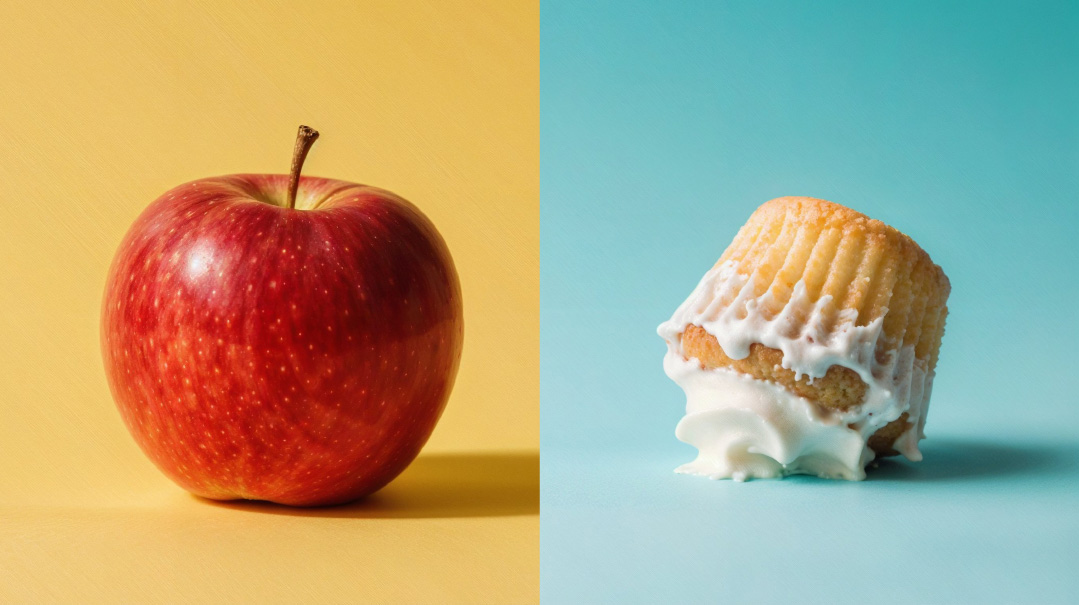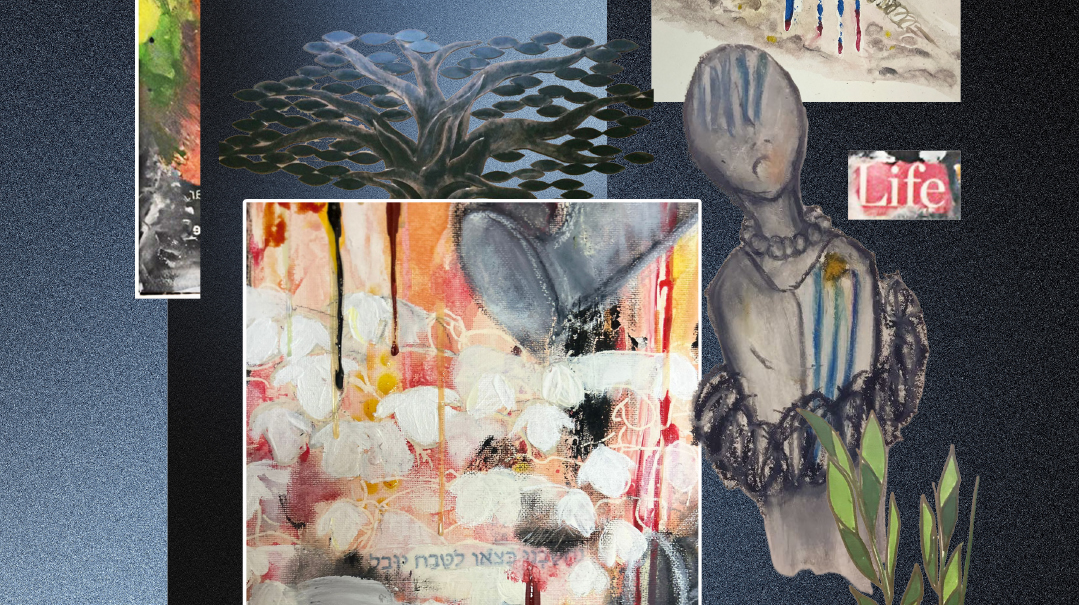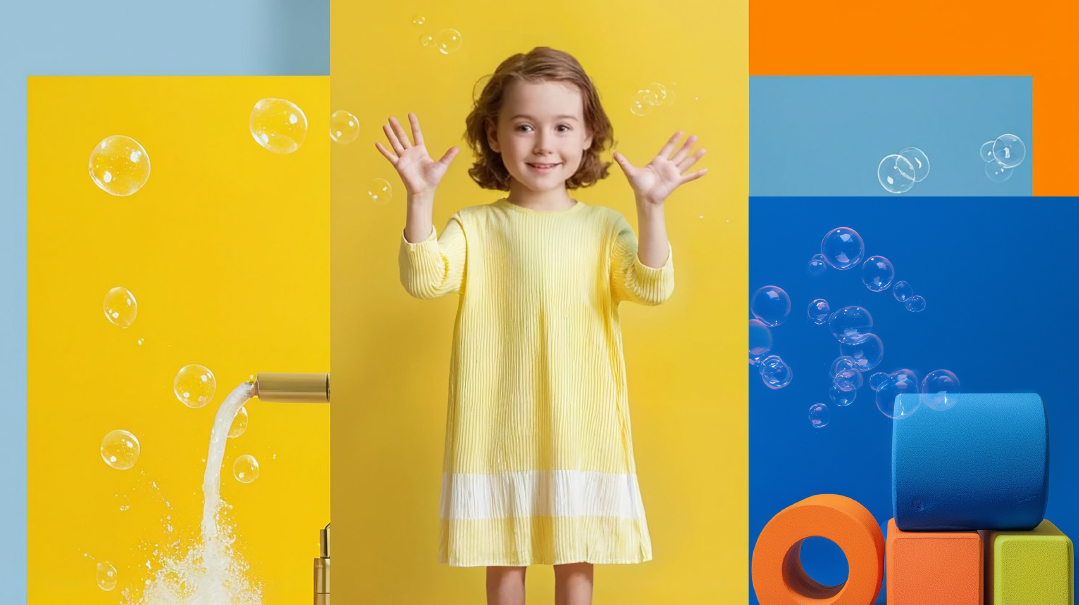Meet… Esther Hornstein
| February 27, 2024Martial arts expert, acupuncturist, and founder and director of MalkaCare, a chesed organization in Beit Shemesh that supports moms of babies

I grew up in Flatbush, in a Modern Orthodox home. When I was ten years old, I started taking martial arts classes through Torah Dojo, but I stopped when I became a bas mitzvah because the classes were mixed. In high school, a friend of mine was doing a form of martial arts called Pa-Kua, and they had an all-female class, so I started training there. I reached the blue belt level, which meant I was qualified to teach. Eventually, when the teacher left, I led the all-girls class myself.
Pa-Kua is a worldwide franchise, so teachers from other countries would fly in to conduct the belt tests. While these “masters” were in town, they would teach extra classes. One was called “energy ways,” and it taught me the foundations of Chinese Medicine. I was able to apply what I learned on my martial arts students if they came in with a headache, or if training triggered asthma or caused a sprained ankle.
My interest in acupuncture was piqued by my older brother. He was diagnosed with Crohn’s disease and was having a hard time with the harsh medications, which often came with awful side effects. One day he shared that he’d found a treatment with zero side effects — he was getting acupuncture and taking herbal medicine.
At that point, I was enrolled at Neve Yerushalayim in Israel. I’d joined the seminary to strengthen my Hebrew skills, but I ended up gaining insights into more Torah-oriented hashakafos. I was conflicted about whether Eastern philosophy and culture were “kosher,” but hearing that my brother, a ben Torah, had benefited from Eastern medicine led me to ask the rebbeim and rebbetzins about it. It was my teachers at Neve Yerushalayim who encouraged me to learn acupuncture.
I started acupuncture school when I moved back to New York. I was newly engaged at the time, the only frum student, and probably the youngest person doing the program. But instead of letting it become this awkward situation, I used my engaged status as an icebreaker, and would ask my older classmates for marriage advice.
In 2010, I opened my acupuncture practice on Avenue J and East 18th in Brooklyn. I ran it for four years, until my husband and I were zocheh to make aliyah to Beit Shemesh with our kids. Baruch Hashem, I started another practice here, which has been growing.
One day, I received some worrying messages from a patient, Meital*. I had treated her during her pregnancy, and I knew she had a history of postpartum depression. She had recently given birth to her second child and, on top of that, had recently made aliyah. It was just a few weeks after her birth and, from her messages, it seemed like she was spiraling.
I knew where Meital lived, so I stopped by during a break in my schedule. I came in, took her crying baby, and soothed him until he fell asleep. As he napped on my shoulder, I sat with Meital, hearing her out and helping her make to-do lists. It was therapeutic. Meital messaged the next day to thank me and to share that the baby had slept through the night, so now she and her husband had the headspace to make important decisions about how to manage going forward.
It got me thinking that everybody should have support after giving birth — not just people sending meals, but someone to be a second pair of hands, a listening ear, a safe person to talk to. If social isolation takes hold, as it so easily can, that’s when red flags can be missed.
Beit Shemesh is a warm community, but you can’t just grab somebody off the street and ask for help. Even if you’re socially well-connected, it’s not always comfortable to message a friend and say, “Hey, I’m lonely, can you come over?” Most women are so busy that even getting together with friends can be complicated to schedule. Plus, women are generally reluctant to impose. If a woman needs human connection, her only option might be to visit the park, but that’s not always possible, especially right after giving birth.
I had a brainstorm that maybe I could organize a bunch of women to volunteer to support moms who just gave birth. I called my organization MalkaCare, after my devoted grandmother Mildred Kalowitz, whose Hebrew name was Malka Sarah. She took care of me, my siblings, and my cousins when we had our babies, coming to stay with us for weeks. Friendly, sincere, and energetic, my grandmother was mindful before mindfulness was a “thing.” She had a life, but she would put it on hold because taking care of a new mom was so important to her.
For MalkaCare’s first training session, several social workers helped me put together material, including how long you should let a mother cry before trying to distract her and how to set boundaries. For instance, if a mother asks a volunteer to run to the store to get diapers, she should give the volunteer money to do so. We also work with a psychologist, who teaches volunteers about red flags, such as how to spot the difference between postpartum mood disorders and baby blues.
There’s an animated video I show during the training about a mother who’s getting ready to go out with her new baby. She puts her heavy diaper bag on the back of the stroller, and the entire stroller topples over. The baby starts crying, so she sits down on the floor to nurse her baby. She tries to grab her phone with her foot and notices that her phone battery is dead. Then she realizes that the baby made a dirty diaper, and it leaked through the outfit. Once the baby is changed, the baby spits up all over the mom’s shirt. By the time the mother finally opens the door to go outside, it’s pouring rain.
Everyone who sees this video starts laughing. We’ve all been there, but sometimes we forget how hard it is just to get out of the house with a newborn. Holding a crying baby for an hour so that a new mom can shower or rest can feel like a lifeline. Even when the baby is not crying or cranky, it’s still helpful just to have an adult to talk to. Our volunteers can also peel a bag of potatoes, change a baby, or take a toddler to the park.
One MalkaCare mom had a challenging delivery and couldn’t do much physically after the birth, so her volunteer came several times a week to bathe the baby. Another mom, who had a long postpartum recovery, asked her volunteer to take her older daughter out to dinner once a week as a treat. One new mom, who was overwhelmed by her growing to-do list, asked a volunteer to help her sort through a bag of baby clothing someone had delivered. These little acts make a big impact, especially in the vulnerable postpartum stage.
To raise awareness of our services, we bring a Mazel Tov basket to moms in the community who just gave birth. There are no onesies, baby bottles, or formula inside — that’s not what we’re here for. We’re here for the mom. In our packages are treats, chocolates, scented candles, and soaps. We also bring a laminated sheet of resources for postpartum families, which includes an extensive list of cleaning agencies, home organizers, doctors, a variety of therapists, organizations that send meals, baby nurses, gemachim, and more. A volunteer follows up later to see if MalkaCare is needed.
Our guiding principle is that if you take care of somebody, you take care of everybody. The mom’s mindset affects the whole family, and by taking care of mothers, we’re making the world better for everyone.
What’s on your bucket list?
I’d love to visit Japan.
If you had unlimited funds, how would you spend them?
I’d pay for a cleaning lady and a night nurse for every mom who signed up for MalkaCare, and I’d open a huge wellness center. I would give $10 million to Neve Yerushalayim, too. The teachers there exposed me to a rich and sincere Jewish culture based on Torah. Over 18 years later, I still have “aha” moments that remind me of something a Neve teacher said, or the way they said it.
What was a childhood dream of yours?
I wanted to be a professional Broadway singer. I really love to sing… and sing loudly. Since October 7, my favorite song to sing is Amar Hashem from Dveykus – Volume 5. My daughter and I make a point to go to Jewish musicals to support that outlet for frum female creatives.
What’s the best advice you’ve ever gotten?
Don’t be angry at the same time as your spouse. If you come home and you’re in an angry mood, but you see he’s already in that angry space, you must give it up. It’s like first come, first served, because you can’t be angry at the same time.
(Originally featured in Family First, Issue 883)
Oops! We could not locate your form.







